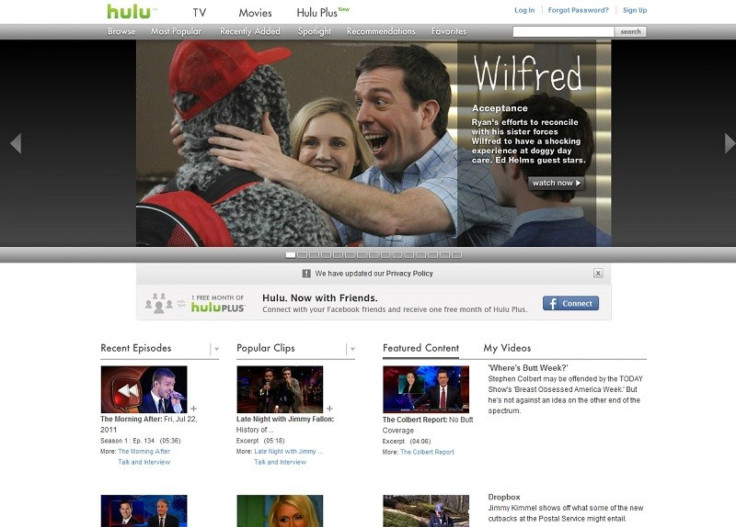Why Hulu got yanked off the auction block

Thursday's cancellation of the Hulu auction had less to do with the $2 billion sale price and more to do with a shift in strategic perspective among the owners.
It's funny how a sale can focus the mind.
TheWrap spoke to several individuals close to the process and found that the decision to cancel came about gradually, as the bids became more complicated and Hulu continued to drive growth, encouraging the owners to stick with it.
The shift was instructive. Both News Corp. CEO Rupert Murdoch and Disney CEO Bob Iger, who drove this process, went into the sale fed up with their upstart streaming wunderkind, Hulu.
Murdoch had been grumbling for months that Hulu was cannibalizing News Corp.'s core cable business and represented a digital alternative that could not replace the cable dollars it might eventually displace.
Moreover, there was dissension among the owners, which include Comcast and Providence Equity, about what to do with Hulu. Meanwhile CEO Jason Kilar was agitating for more capital and flexibility to grow his burgeoning business.
So as a group they decided to sell. But a lot happened between June and October.
Iger's position was unequivocal, at first: He acknowledged at Allen & Co.'s Sun Valley media conference in July that Hulu's owners are committed to selling.
Four bids came in, but it quickly became clear that any prospective buyer would want guarantees of continued access to the content of NBC, Universal, Fox and Disney. That immediately complicated the sale process.
Yahoo dropped out as its own future became a more immediate concern.
Google made a strong bid. But by the second round the cash-rich Internet giant revised its bid to include a set of requirements around extending the content deals.
That was a non-starter for Disney.
From the bidder's perspective this made perfect sense. The deals at Hulu only extended between one and five years, according to one knowledgeable individual. The value of Hulu without the content was dubious at best. But Disney found the conditions off-putting and not what they had bargained for.
Furthermore, there was robust conversation among those around Murdoch, particularly led by his chief digital officer Jonathan Miller, about what the company's long-term digital strategy ought to be.
Getting rid of Hulu would mean that News Corp. would probably not be a front-line player in the digital revolution and instead be a second-tier licensor of content. Miller thought it was a mistake. And he gradually won Murdoch over. With MySpace a flame-out, with The Daily not taking off, Hulu was looking like a success story worth hanging onto.
Two other things happened: Hulu Plus, the streaming company's subscription service, was a success, heading for one million subscribers this year. All the content companies want an alternative to Netflix, and Hulu Plus is one such alternative.
Then in late August, Hulu struck a deal with Dish to allow its subscribers access to Hulu using an authentication code, just before the TV season. The deal blazed a path for streaming services working with cable companies, rather than competing with them.
Along the way, Kilar continued to focus on his business, making a major deal with Univision, debuting original content with Morgan Spurlock and launching a service in Japan.
By the time October rolled around -- along with four viable bids to buy the streaming service -- the owners had gradually changed their minds.
And on Thursday, they issued a joint statement of a renewed commitment to Hulu, announcing:
Since Hulu holds a unique and compelling strategic value to each of its owners, we have terminated the sale process and look forward to working together to continue mapping out its path to even greater success. Our focus now rests solely on ensuring that our efforts as owners contribute in a meaningful way to the exciting future that lies ahead for Hulu.
© Copyright Thomson Reuters 2024. All rights reserved.




















